Sir Lenny Henry, the former comedian, is wont to complain to anyone who’ll listen that there isn’t enough ‘diversity’ on TV. Really, he should watch Top Boy (Netflix). Apart from the odd token walk-on whitey — skanky crack addicts, nasty immigration officers — it’s wall-to-wall BAME casting opportunities. The protagonist, Dushane (Ashley Walters), is black. So are all his friends, family and associates (his mandem, as they are colloquially known). So, mostly, is the urban music soundtrack, the work of various grime artists curated by the show’s co-producer, Canadian rapper Drake.
What Sir Lenny might find not ooookaaaaay, I suppose, is that pretty much all the characters are ruthless, murderous, drug-dealing gangland thugs. (Those that aren’t usually end up dead in the crossfire.) Possibly, he might think that this is crude stereotyping but I find it hugely refreshing. Contra Sir Lenny, our television and movie culture has for years been so oppressively woke that as soon as a black character walks on you know that either a) they didn’t do whatever crime they were falsely, racistly accused of or b) they’re the wise, genial and fair police chief/QC/judge in charge of correcting that injustice.
Top Boy is the creation of Ronan Bennett and it’s by far the best thing he’s done. I’m amazed that Channel 4 chose to scrap it after just two seasons (it debuted in 2011, ended in 2013) because, apart from pushing all those BAME casting buttons that are UK TV-land’s obsession, it’s about as close as British TV drama has got recently to the bleak, grimy, fearless verisimilitude of series like The Wire or Gomorrah.
It doesn’t cheat, for example, by suggesting that these Hackney gangsters are oppressed victims with hearts of gold. At the end of season two — major spoiler alert — Dushane is on his way to kill a 12-year-old kid whom he suspects of being an informer. But some Albanian dealers get to the boy first and slit the throat of Dushane’s associate who is guarding him. With heartbreaking irony, the boy sees Dushane on his way (to shoot him) and sacrifices his life to warn him of the Albanians. Before the closing credits we see Dushane, hiding under a bridge, wondering how on earth he’s going to get out of this one.
But instead of exploiting this cliffhanger, Channel 4 tossed away the opportunity, just as it did with another of its most brilliant and original series, Utopia (so we never did get to discover the whereabouts of Jessica Hyde). Happily, thanks to the intervention of Drake, it has been revived by Netflix with a bigger budget that extends to location shoots in Jamaica, to which, it turns out, Dushane has fled.
In real life you try, if possible, to avoid people like Dushane for they are cold, ruthlessly self-centred and not impressed by middle-class niceties. (One chap, near the expensive south London park where I used to live, made the mistake of looking a local gangster in the eye and smiling at him. He got shot in the balls.) With Top Boy, though — as with Gomorrah — you find yourself rooting totally for these feral kids and empathising with the brutal logic of their behaviour.
Suppose, for example, as in episode one, your current drugs wholesale supplier decides to up his rate: what should you do? Should you swallow your pride, let him walk all over you and lose income? Or do you find a new supplier? And if you do, how do you plan to offset the risk that the old supplier will likely come to take bloody revenge? When you see it from a London gangster’s perspective, the knife-and-gun crime epidemic seems less like a mindless plague than plain common sense.
That’s what I most appreciate about Top Boy, from what I’ve seen so far. It has many other virtues too — convincing acting, fabulous patois (especially when they go to Jamaica: ‘bambaclat’), gripping storylines, lashings of violence, edgy dialogue, cool soundtrack — but the icing on the cake is the utter lack of cloying, worthy PC.
I was going to suggest that the drugs/gangs genre is perhaps the last island of authenticity and candour on TV, possibly — I don’t know: I’m just trying to get inside the mushy brain of an achingly right-on TV commissioning editor, here — because it might be considered culturally inappropriate or disrespectful to dilute the raw vibrancy of the lived experience of marginalised ethnic or working-class communities, be they in Hackney, Naples, Ostia, New Jersey or Birmingham. But then I remembered what they’ve gone and done to Peaky Blinders.
Got something to add? Join the discussion and comment below.
Get 10 issues for just $10
Subscribe to The Spectator Australia today for the next 10 magazine issues, plus full online access, for just $10.
You might disagree with half of it, but you’ll enjoy reading all of it. Try your first month for free, then just $2 a week for the remainder of your first year.


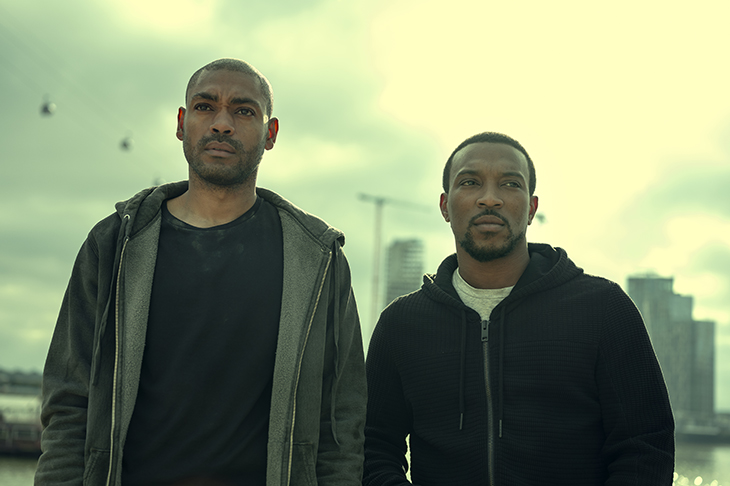

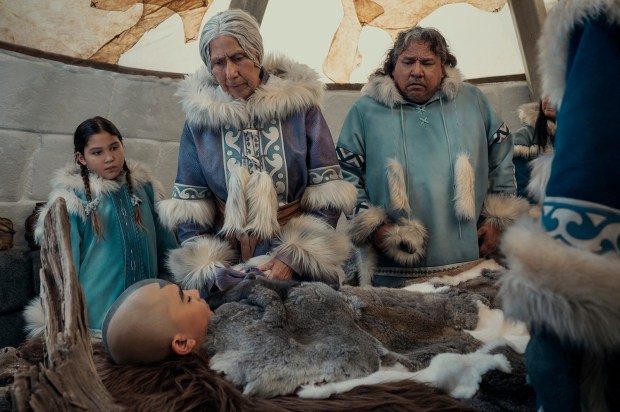
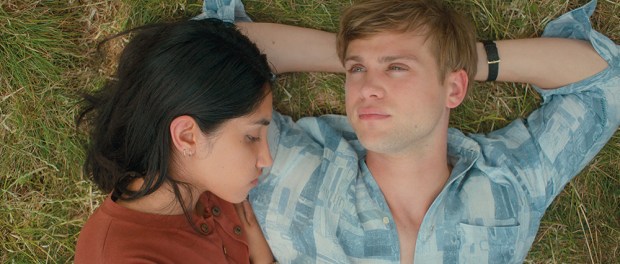

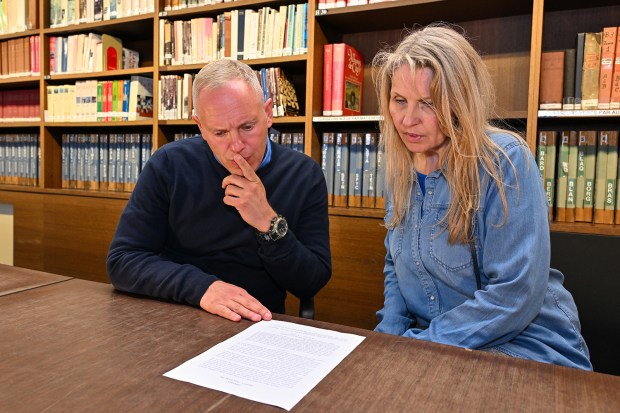
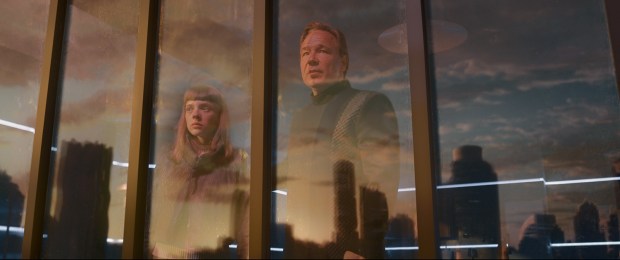






Comments
Don't miss out
Join the conversation with other Spectator Australia readers. Subscribe to leave a comment.
SUBSCRIBEAlready a subscriber? Log in